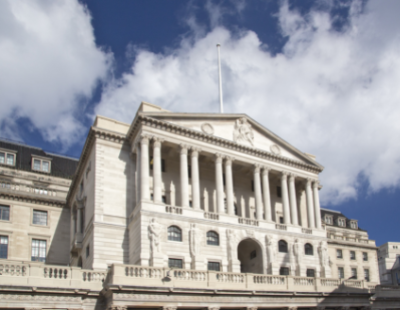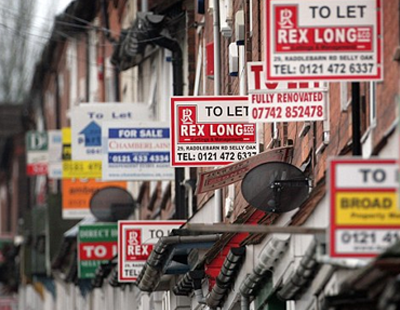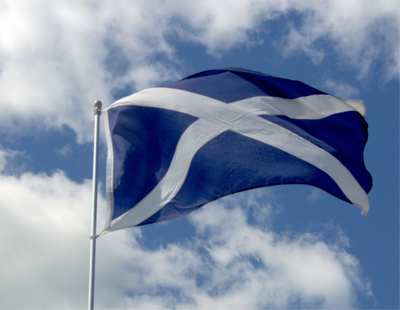Susannah Streeter, head of money and markets at Hargreaves Lansdown, wonders whether the Bank has paused rate rises or stopped them for a longer period.
“The pause in interest rate rises might well elongate into an interlude in November. Central banks don’t always sing from the same songsheet, but the Bank of England is expected to stay in tune with mood music, which is already playing at the Federal Reserve” she says.
“The ‘wait and see’ chorus appears to have been growing louder within the Monetary Policy Committee and given that the latest jobs data suggests a fresh cooling off in the labour market, policymakers are likely to keep rates on hold again, and wait for the previous rate hikes to take effect more fully.
“As more homeowners are forced to take on big increases in monthly mortgage costs as their deals come to an end, the effect of financial fragility is likely to show up in more frugal spending patterns and more uncertainty about jobs moves and reticence when it comes to pay demands.”
Streeter says the economy is flatlining, with growth proving very elusive, and if wage rises and goods and services price increases keep heading down, it’ll make policymakers more adverse to another hike.
Her colleague Sarah Coles says this week’s decision will impact mortgage rates too.
She says: “Mortgage rates have fallen slightly from a recent peak for the average two year rate of 6.85 per cent at the start of August to 6.34 per cent. However, they’re still a long way above the levels we saw in the spring – let alone the sub two per cent rates so many people on fixed rate mortgages have come to rely on.”
Coles suggests that the expectation that rates will hold for a considerable period may see mortgage rates come down slightly further. She believes there are still some who think there could be another rise in the works, so if nothing materialises, this expectation will gradually filter out of prices, and rates come down a little.
However, there’s not much of a rise priced in, so they won’t fall far.
She continues: “For there to be significant movement, it would require the market to expect an imminent cut or rise. Right now, we’re expecting neither, so it would take for the picture to change significantly for rates to move dramatically in the next six months or so.
“Anyone coming to the end of a fixed rate deal and looking to remortgage has a few options. They can opt for a variable rate.
“Their circumstances will dictate the best rate they can get - ranging from less than 0.2 per cent above the base rate to more than one per cent. They could reasonably expect their monthly payments to hold steady for a significant period and then drop, but there are no guarantees, and any surprises could push them up.
“… The question of how long to fix for is thorny. Longer term fixes are cheaper, but if someone opted for a two-year fix, there’s a reasonable chance rates would be lower when they came to remortgage.
“The decision will come down to whether their priority is the cheapest possible fix today, or whether they’re prepared to pay more today in the hope of a cheaper deal later.”












.jpg)





Join the conversation
Be the first to comment (please use the comment box below)
Please login to comment